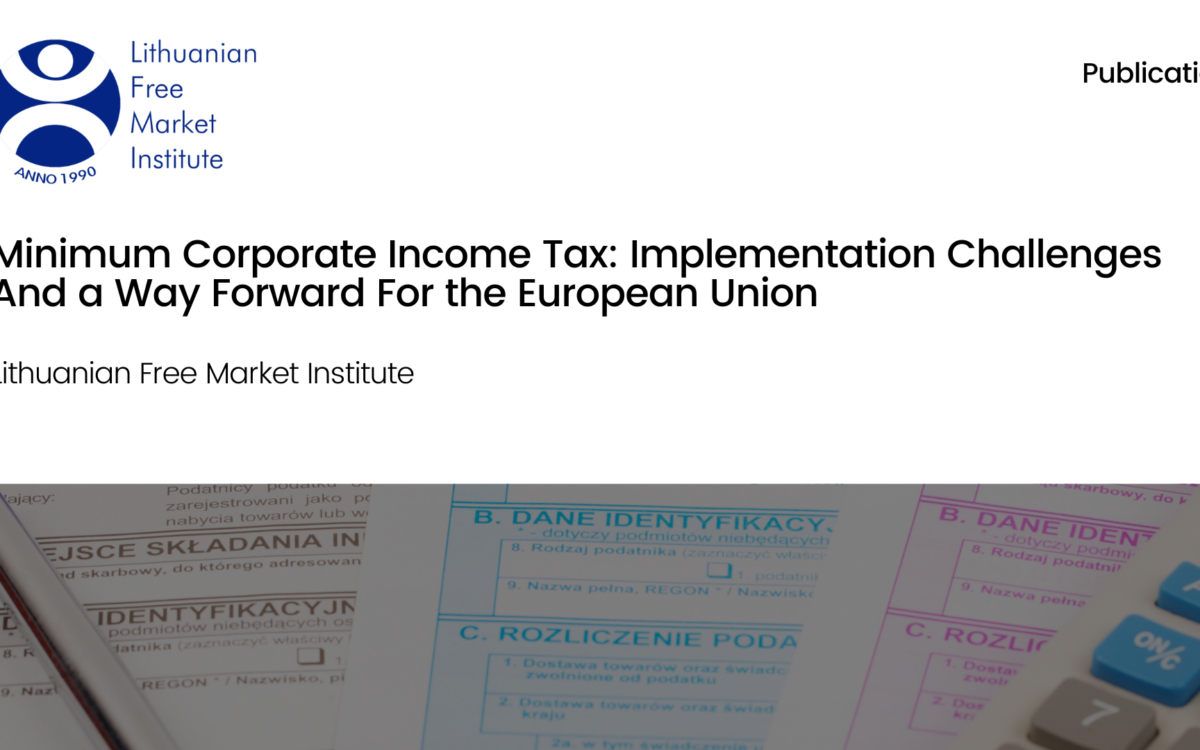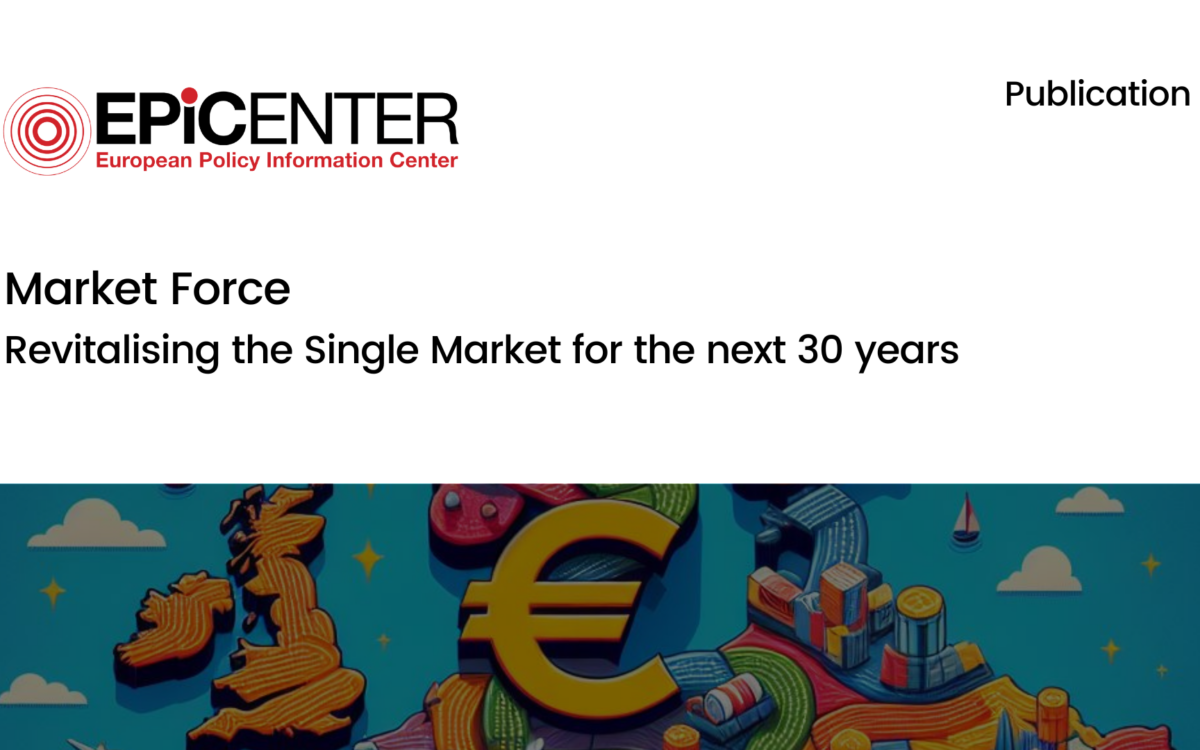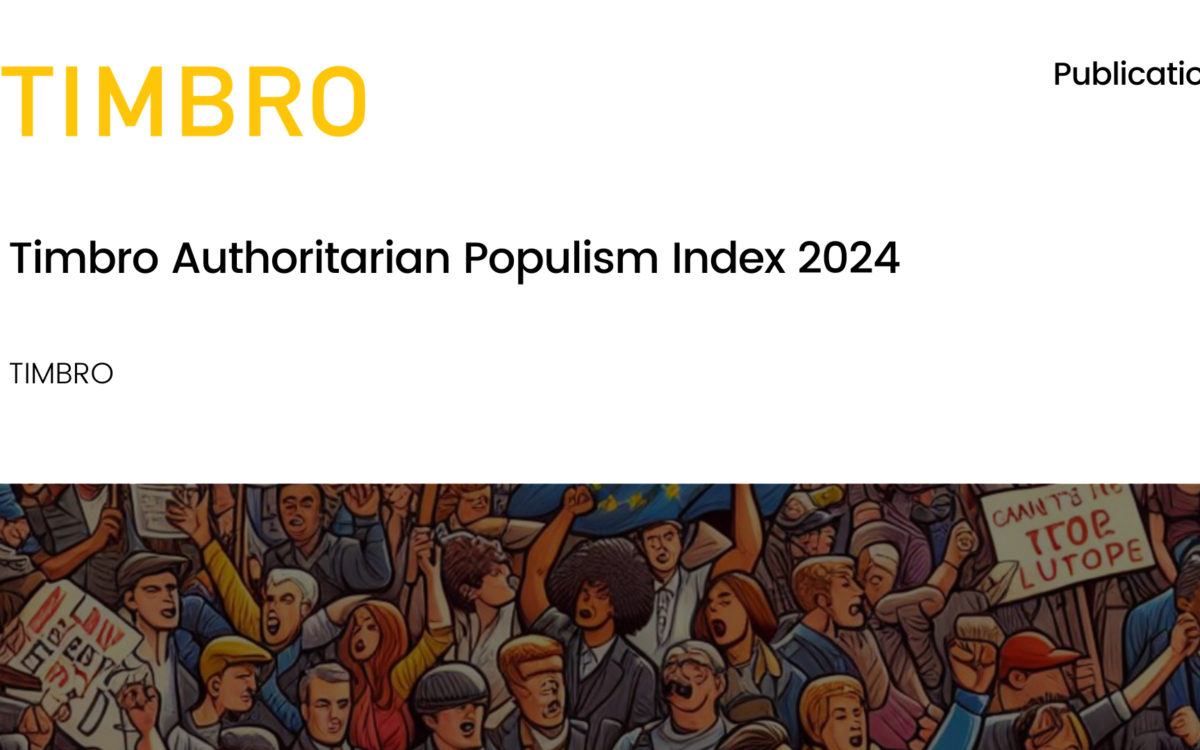Slicing Up the Public Sector: a Radical Proposal for Devolution

Slicing Up the Public Sector: a Radical Proposal for Devolution
March 2015
The UK is highly centralised and devolution combined with fiscal decentralisation could bring significant economic benefits. This can happen through several mechanisms: decisions will be taken closer to those they affect; there will be more policy experimentation; and there will be horizontal competition between jurisdictions. Unlike the current situation where devolution is selective, devolution should be symmetrical: all authorities to which power is devolved should have the same responsibilities. This improves accountability for both national and local government. If devolution continues to be extended to areas where voters prefer a larger role for government, policy experimentation will be limited and the size of government will increase.
Download or share this publication
View the PDF
EPICENTER publications and contributions from our member think tanks are designed to promote the discussion of economic issues and the role of markets in solving economic and social problems. As with all EPICENTER publications, the views expressed here are those of the author and not EPICENTER or its member think tanks (which have no corporate view).



